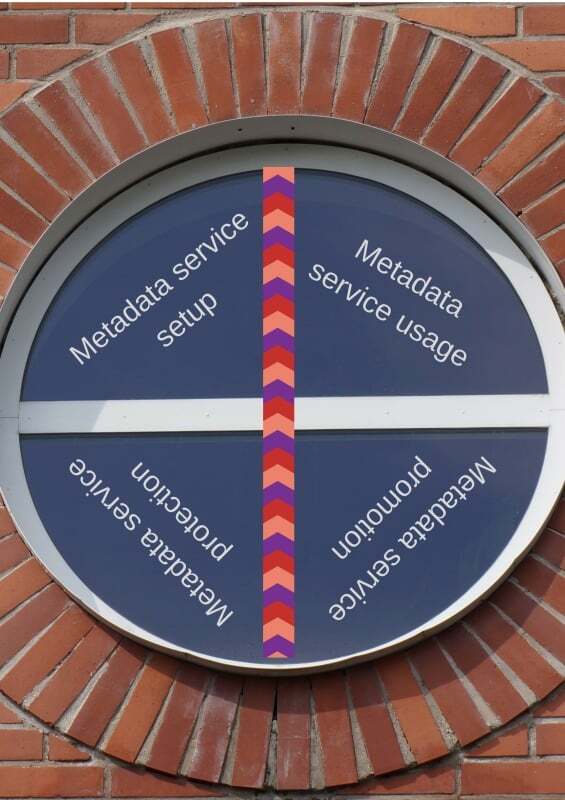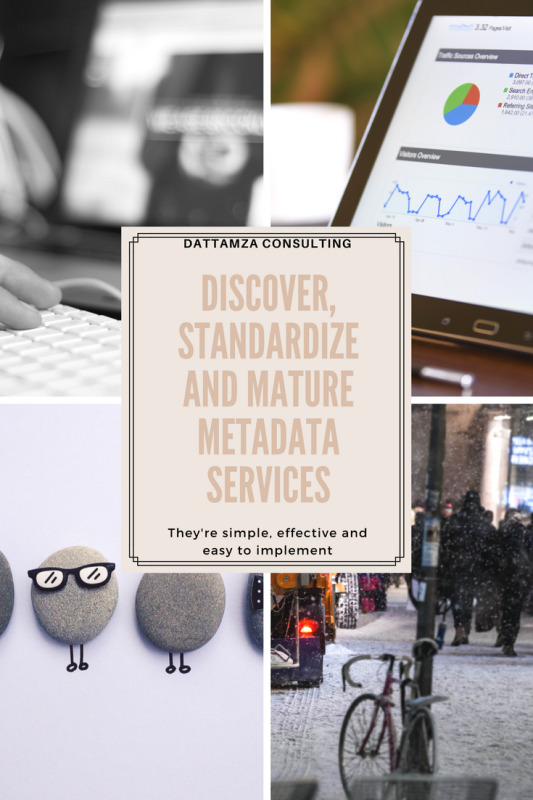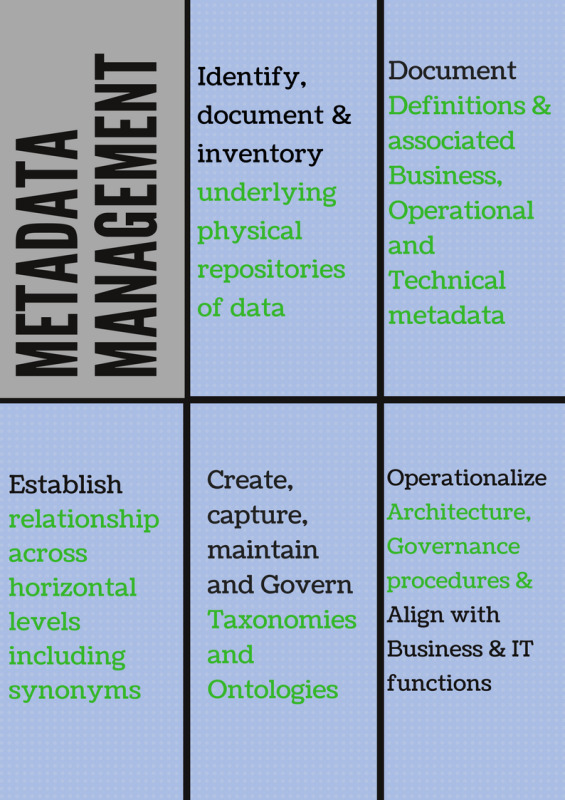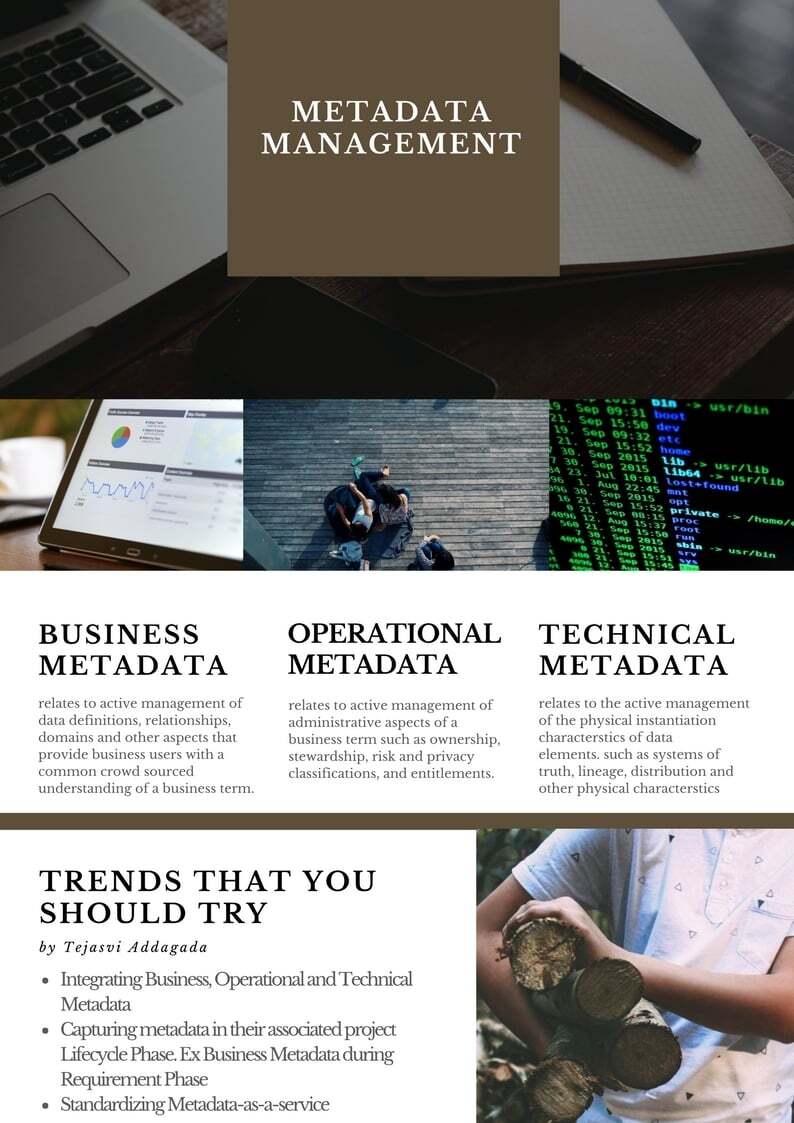Metadata in actual terms is defined as “a set of data that describes and gives information about other data.” Metadata can be classified as not only into Business and Technical Metadata but also Operational metadata.
Every organization has started embracing the benefits of understanding what a field within their hundreds of databases really mean, where is it in the data lifecycle and does it end in this organization or elsewhere. But where they stand in maturity differs based on
capabilities (people. process, technology),
the inference of benefits,
funding models
primarily organization culture.
A firm will be looking at diverse stakeholders in an organization varying from IT, Regional Operations, Global Operations, executive leadership and Board along with diverse processes and systems that need not be in harmony (rationalized).
standardizing Metadata as a service will assist the organization in pushing or pulling the service capabilities to their needs or benefits, in an organized methodology.
The current state of many firms when analyzed by Soft2001, shows that there is a need to emphasize "service promotion" activities. This brings about a cultural change of “Managing Data as an Asset” as it is being trickled into the organization through Grassroots.
The awareness handshakes should vary based on the stakeholder groups while you wouldn’t want to pitch the word Metadata which often gives a technical flavor, to users and operational front end staff. It is preferable to use “Business Terms or associated characteristics” to mean data elements and related Metadata.


Data has a lifecycle, POSMAD, (Plan, Obtain, Store/Share, Maintain, Apply, Decay) which helps us understand the lineage of the Business terms -
There are multiple questions that can be answered by attributes of metamodels when viewed visually. This makes the data landscapes as simple as a Tube map. The organizations can then start digitizing the same while pushing them through BYOD as well (far-fetched).
Metadata have a lifecycle that needs to be aligned with Project Management, Transformation and Risk management lifecycle. But, do you have a standard framework that can facilitate the capture of these aspects in the right phase of a project
1. Have you identified the Data owners or at least the SMEs who can be responsible for Business terms and can provide information about the business term with ease?
How are policy and Governance poised to enforce this?
2. Do you have the Business Data stewards, who can assist with stewarding the data while also empowering the data owners and usage of this good information?
3. Are you looking at Business terms used in every region with a different name, but are you capturing the synonyms, to ease the usage, globally?
4. Is Metadata Management bridging the gap between regional operations, global operations and IT?
Business Analysis is poised to enable this communication but Metadata Management comes with enablers that can push this aspect with accelerated pace.
5. Do you have a forum today where all the relevant stakeholders can be brought to a common understanding of what they understand of a business term before publishing?

